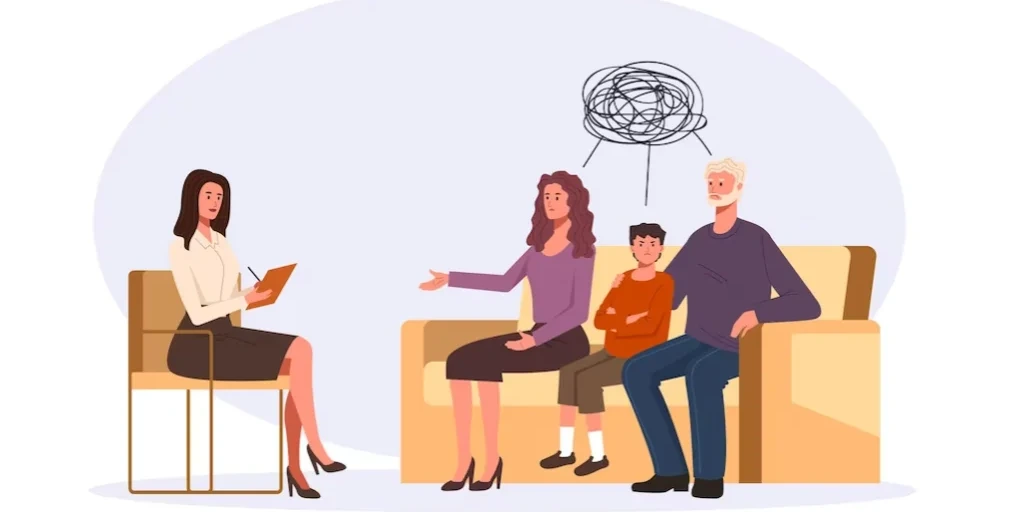24/7 Helpline:
(866) 899-221924/7 Helpline:
(866) 899-2219
Learn more about PTSD Rehab centers in Zapata
PTSD Rehab in Other Cities

Other Insurance Options

BlueCross

Self-pay options

Medical Mutual of Ohio

Optima

Covered California

Ambetter

Health Choice

Magellan

American Behavioral

Absolute Total Care

Multiplan

Cigna

BHS | Behavioral Health Systems

Meritain

United Health Care

Molina Healthcare

ComPsych

Oxford

Providence

GEHA


SCAN – Serving Children and Adults in Need
Serving Children and Adults in Need (SCAN) provides outpatient services for teens. They provide serv...

Border Region
Border Region is a private rehab located in Zapata, Texas. Border Region specializes in the treatmen...























